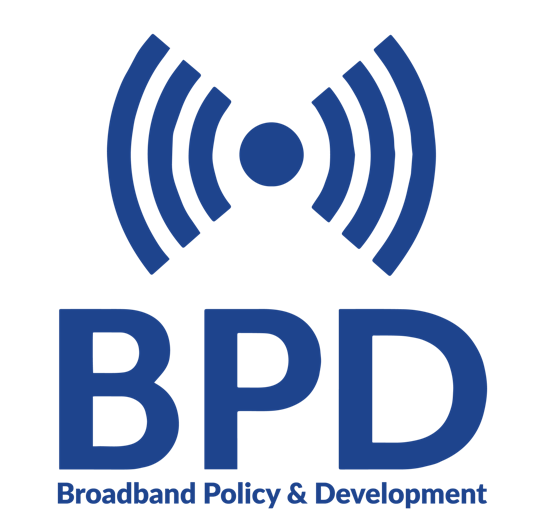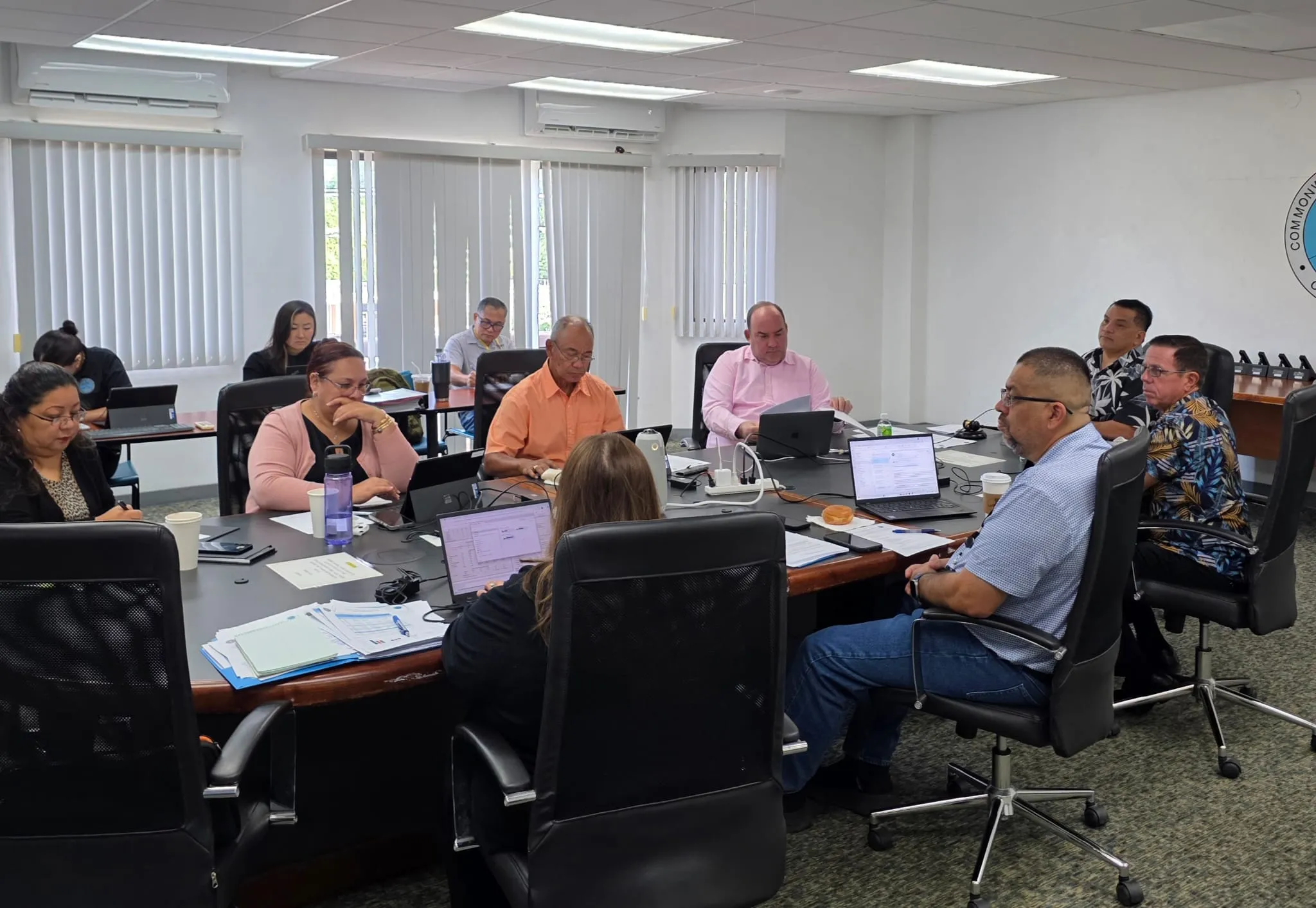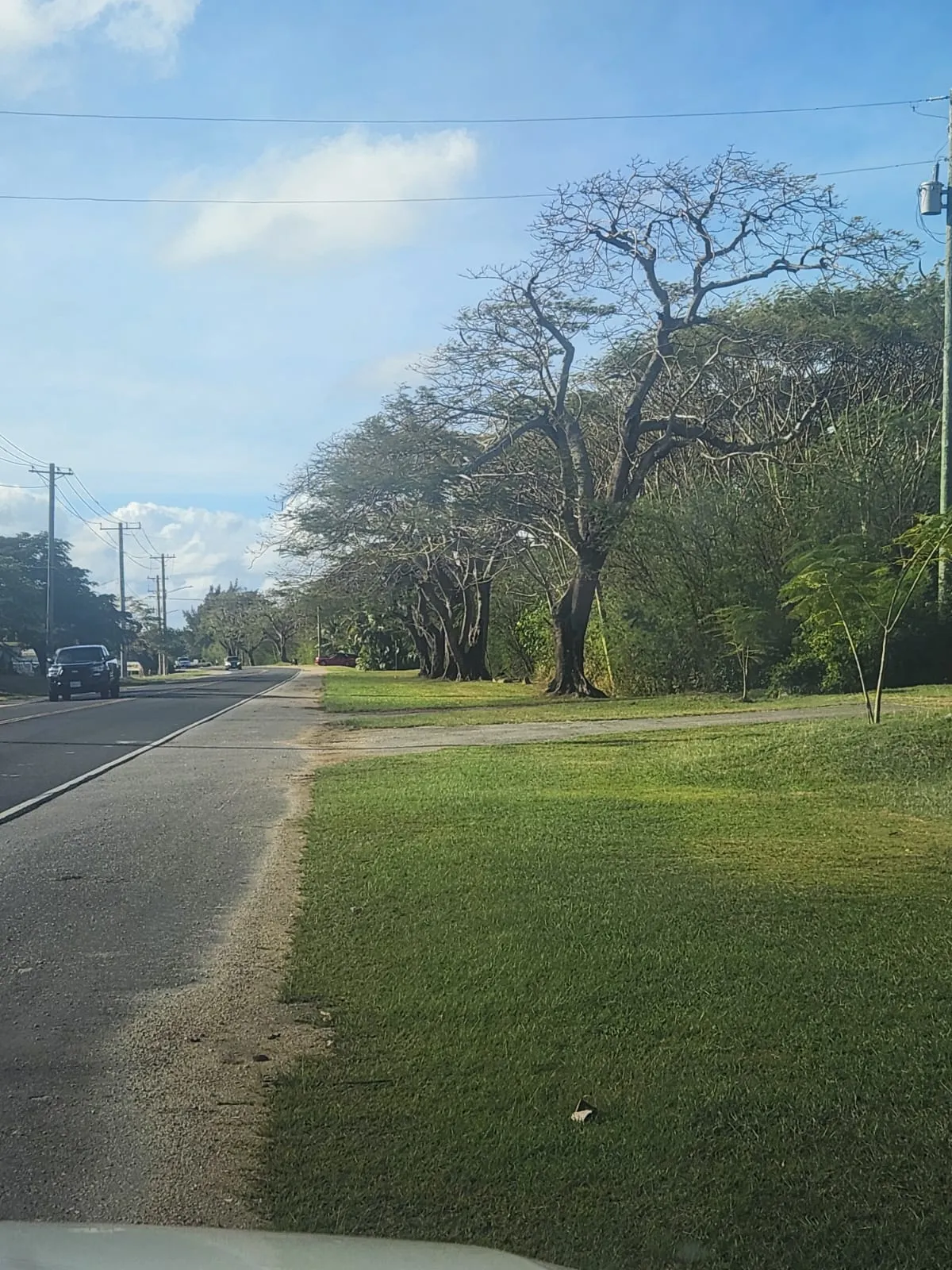
OF the three telecommunications companies vying for subgrants under the Broadband Equity, Access, and Deployment program, IT&E requested the lowest amount of funds, according to the CNMI Broadband Policy and Development Office.
Special Assistant for Broadband Policy and Development Glen Hunter reiterated that his office is reviewing all public comments on the draft final proposal for the BEAD program and will issue an official statement once the review is complete.
The BPD office, on its Facebook page, posted an explanation of the process used to select the subgrantee for the federally funded program. The office said it received three priority broadband project applications for each of the 21 BEAD Project Funded Areas, aimed at deploying a buried, hardened, resilient, end-to-end fiber network.
IT&E requested $30 million; GTA, $60 million; and Docomo Pacific, $90 million. The $1.7 million mentioned in Docomo’s public comment letter was for aerial hybrid fiber-coaxial network deployment on utility poles. The BPD office said, “This did not meet the standard for Priority Broadband Project for any of our Project Areas.”
“We selected and submitted the lowest cost to NTIA for approval, along with our methodology for defining Priority Broadband Project for each project area. They said we had met their requirements and were satisfied. We moved forward with posting our draft final proposal for public comment as instructed,” the office stated, noting that it has consistently emphasized the need for a resilient broadband network that can withstand massive outages during frequent typhoons.
“We had estimated that deploying a hardened network would cost more than the BEAD funds we had secured. After the Benefit of the Bargain subgrant round mandated by the Trump Administration, we were able to achieve provisional subgrant awards that came in $50 million less than anticipated,” the BPD office added.
Last week, Docomo Pacific questioned the selection process for BEAD subgrant applicants in its public comment letter, expressing concern over the “intended awardee” and the significant difference between its bid and that of the selected subgrantee.
Docomo Pacific President and Chief Executive Officer Christine Baleto said, “Based on our evaluation of the BPD Office’s announcement, it appears that there was a blatant disregard for the criteria required by the Trump Administration for determining program awards.”
She added that Docomo Pacific of Saipan submitted a complete, program-compliant, technologically viable, and cost-efficient solution for expeditious broadband deployment in all underserved and non-served areas of the CNMI. Docomo’s bid totaled $1.78 million, while the intended awardee submitted a $31.39 million bid.
Baleto said Docomo Pacific is “requesting clarification on how awardees were chosen and the criteria used in the analysis, including speed of deployment, network performance, and other technical capabilities.”
The BEAD program, allocated a $42.45 billion by the Infrastructure Investment Jobs Act, aims to provide universal high-speed broadband access in the U.S. The U.S. Department of Commerce through the National Telecommunications and Information Administration administers the program to all 50 states, Washington D.C., the Commonwealth of the Northern Mariana Islands, Puerto Rico, the U.S. Virgin Islands, Guam, and American Samoa.











